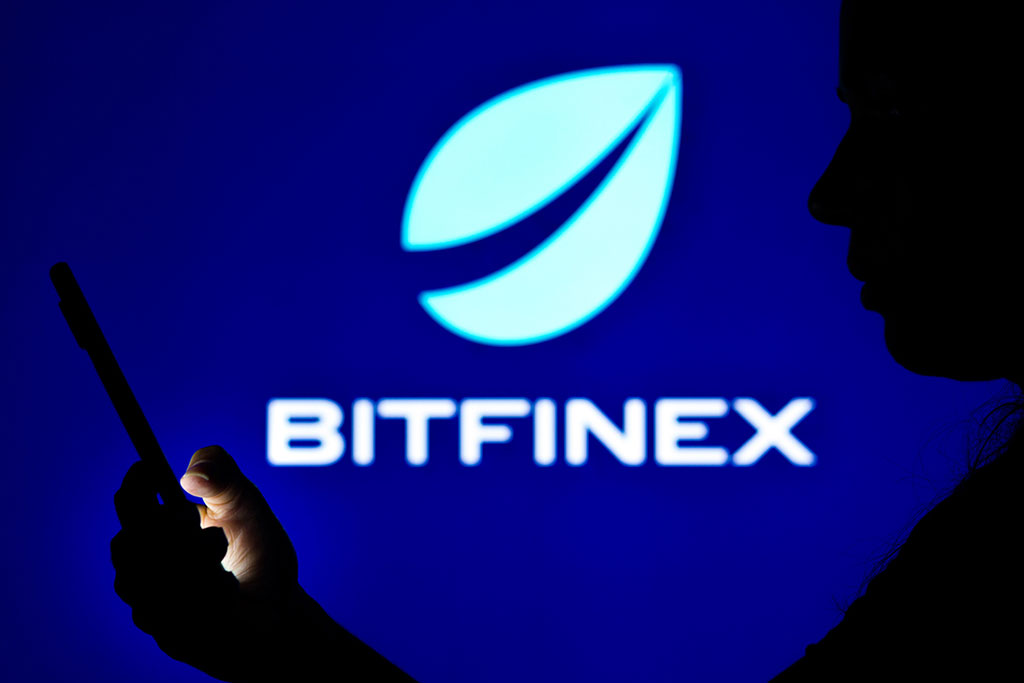
An experienced writer with practical experience in the fintech industry. When not writing, he spends his time reading, researching or teaching.
Bitfinex said it will convert the recovered Bitcoins to US dollars and credit them to its users’ accounts.
 Edited by Julia Sakovich
Updated
2 mins read
Edited by Julia Sakovich
Updated
2 mins read

As part of recovery efforts following the 2016 Bitfinex hack, The US Customs and Border Protection (CBP) has returned $314,000 worth of Bitcoin (BTC) to the exchange.
Bitfinex suffered a massive crypto hack in 2016 and lost 119,756 BTCs. The bitcoins were worth around $72 million at the time. Since then, the company collaborated with law enforcement agencies to track down and recover all the stolen assets.
In 2019, the US government returned $104,000 to the exchange as part of the recovery efforts. The DOJ also recovered another 94,000 BTC in 2022. The latest return of $314,000 represents another win for the company and law enforcement agents.
Meanwhile, Bitfinex gave affected customers a token (BFX) instead of their assets. The token represented their claims on the lost funds. Bitfinex later redeemed all BFX tokens and offered an equity stake in its parent company, iFinex, to its users.
Following the latest recovery, Bitfinex said it will convert the recovered Bitcoins to US dollars and credit them to its users’ accounts. The exchange will distribute the funds to individuals based on their share of the loss at the time of the hack. The exchange also said it will keep pursuing the recovery of the remaining funds and cooperate with authorities globally.
While the Bitfinex hack remains one of the largest and most notorious crypto hacks in history, it is not the only one. According to a report by blockchain analytics firm, CipherTrace, crypto-related thefts, hacks, and frauds totaled about $4.5 billion in 2019 and $1.9 billion in 2020.
In some cases, legal actions, insurance payouts, self-reimbursements, and hacker returns recovered or mitigated the losses. For example, KuCoin recovered 84% of its stolen assets in two months after losing $281 million in September 2020.
However, some crypto hacks remain unsolved or unrecovered. One example is the 2014 Mt. Gox hack in which hackers stole 850,000 bitcoins. The victims of Mt. Gox are still waiting for a court-approved distribution plan that would return some of their funds.
Despite improved security and compliance measures, the crypto industry continues to face risks from hackers, scammers, and regulators. It is clear that there is a need for more robust and reliable safeguards to protect crypto users and investors.
Disclaimer: Coinspeaker is committed to providing unbiased and transparent reporting. This article aims to deliver accurate and timely information but should not be taken as financial or investment advice. Since market conditions can change rapidly, we encourage you to verify information on your own and consult with a professional before making any decisions based on this content.

An experienced writer with practical experience in the fintech industry. When not writing, he spends his time reading, researching or teaching.





